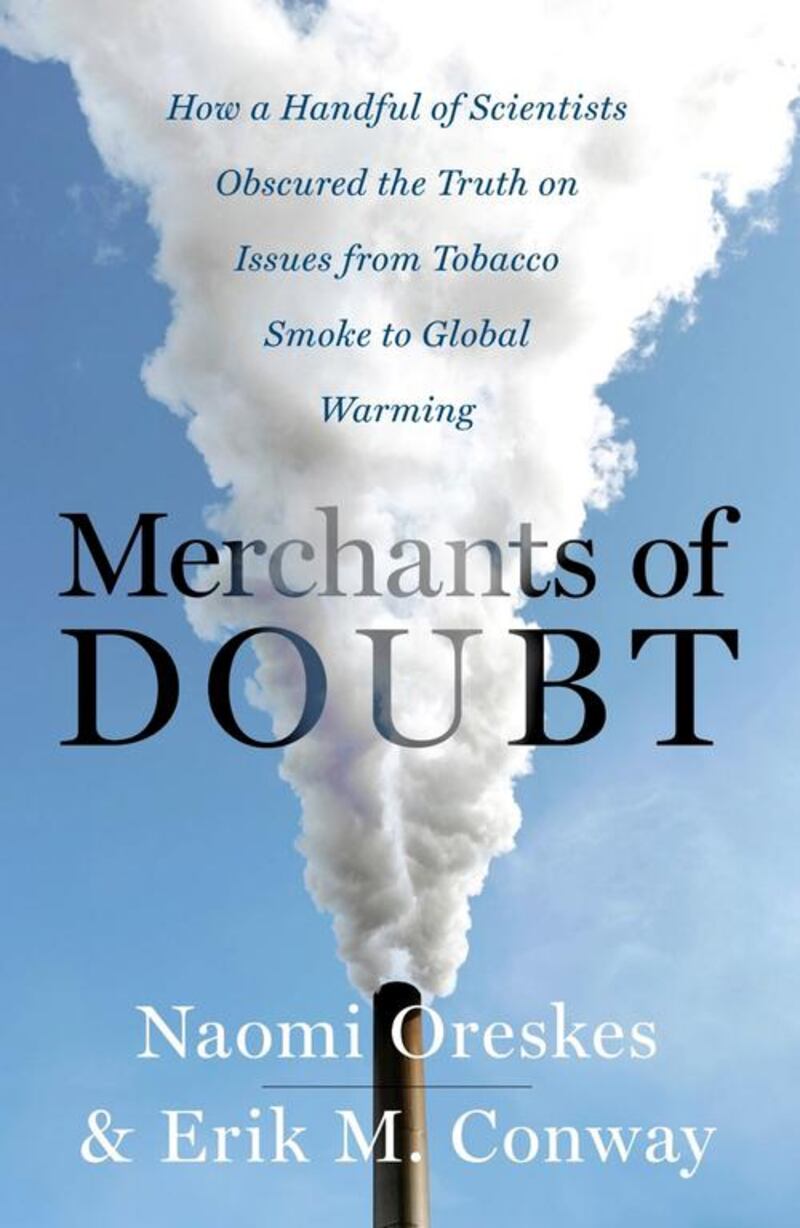Planet Earth is on the brink of catastrophic, man-made global warming. That, at least, is according to the UN’s Intergovernmental Panel on Climate Change, which published a landmark report on the subject this month. The 259 scientists behind the report were unequivocal: atmospheric levels of greenhouse gases are “unprecedented in at least the last 800,000 years”, the planet is warming, and humans are “the dominant cause”.
Despite the near-universal scientific consensus, though, surveys show that fewer people than ever believe in man-made global warming.
So what’s behind the climate change confusion? Why are politicians and the public still debating climate change, when the scientific debate ended years ago?
• The confusion over climate change has its roots in a previous scientific controversy. In the 1970s, big tobacco companies spent tens of millions trying to obscure the scientifically proven link between smoking and cancer. Read the brilliant Merchants of Doubt by Naomi Oreskes and Erik Conway to see how in the 21st century, oil companies have knowingly copied that strategy of obfuscation. ExxonMobil, for example, spent US$27.4 million (Dh101m) to support a network of think tanks, lobbyists and “scientists” established to spread doubt over climate change.
• Meanwhile, politicians aren’t helping. In The Politics of Climate Change, Anthony Giddens argues politics-as-usual cannot cope with the monumental challenge posed by man-made global warming. Obsessed by their electoral cycles, politicians are unable to take the unpopular, long-term action required: that’s why some political theorists have argued that democracy should be suspended in the interests of controlling the climate.
• So what does the future hold? Read The Great Disruption: How the Climate Will Transform the Global Economy by Paul Gilding to find out. It’s time, says Gilding, to stop worrying about the effects of climate change: they’ve become unavoidable. Instead, we need to start planning for a world in which the Arctic ice sheet disappears each summer, oceans are acidic, extreme weather is more common, and major cities have been rendered uninhabitable by rises in the sea level.





